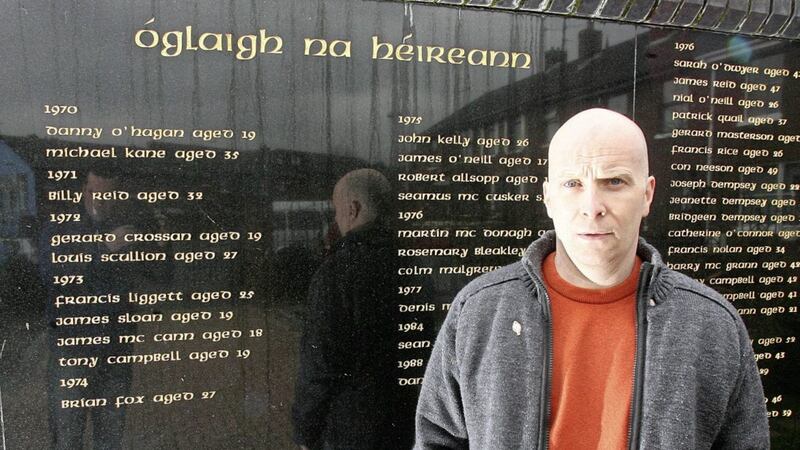A MAN jailed for a dissident republican plot to blow up motor tax offices in Belfast has failed in a bid to overturn his conviction.
Terence McCafferty (52) received a 12-year sentence for his part in the planned city centre attack back in November 2002.
A bomb left outside the vehicle licensing headquarters on Upper Queen Street was defused following a combined police and military surveillance operation.
McCafferty, with a previous address at Carlisle Road in Belfast, was seen running from a parked car containing the device.
A second man involved in the bombing bid was shot by a PSNI officer as the pair fled the scene.
At the time police said the attack was intended to advance the cause of dissident republicans.
McCafferty subsequently pleaded guilty to possessing explosives with intent to endanger life.
Following an initial release from prison his licence was revoked based on an assessment that his continued liberty posed a risk to others.
McCafferty spent a further 15 months behind bars before a decision was taken that he could be freed again.
His appeal against conviction for the bomb plot centred on 'debriefing notes' which defence lawyers said were never disclosed during the trial.
Alleging the criminal process had been unfair, McCafferty stated: "There are strong grounds to believe that state agents/informants were involved in the 2002 bombing operation for which I was convicted."
He claimed the new information raised significant questions and provided material which he would have instructed his defence team to act on.
The prosecution argued, however, that it was a speculative attempt to build a case of entrapment.
Ruling on the challenge at the Court of Appeal on Friday, Lord Justice McCloskey described McCafferty's assertions as "vague and evasive".
He said: "It fails to establish any remotely sustainable case of entrapment or comparable contaminant."
No evidence was produced which called into question the safety of the conviction, the judge held.
Denying the appeal, he declared: "The appellant was literally caught red-handed, clearly had no defence to the charges, pleaded guilty in a context of representation by experienced solicitor and counsel, has disclosed to this court nothing in his affidavit evidence about his involvement in the offending and, finally, raises no question concerning the voluntariness of his guilty plea."


